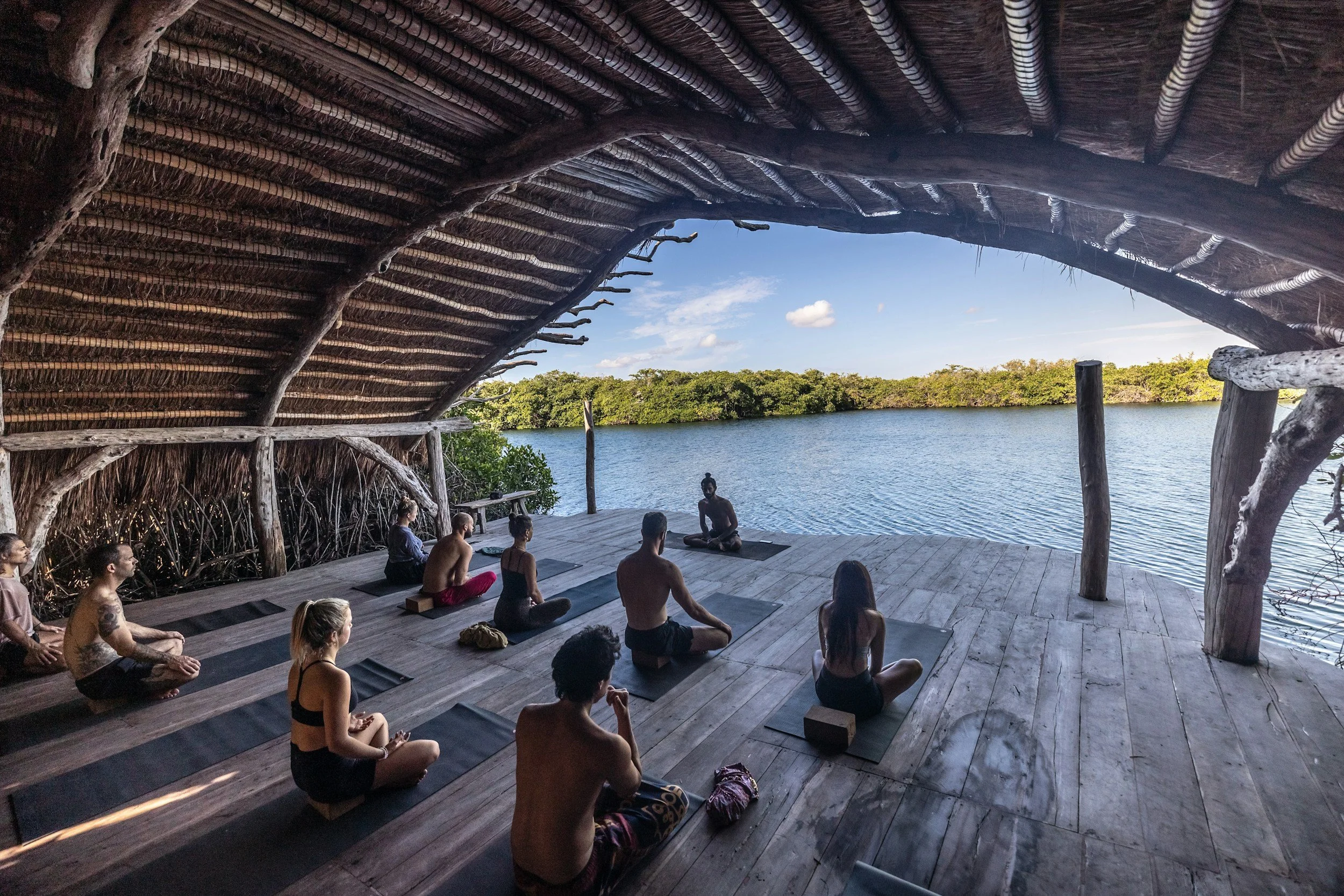Everything You Need to Know About the Mental Health Benefits of Ecotourism
Sustainable travel is important for your well-being and the planet’s health. When you go on a hike or safari, you admire nature’s beauty and see life from a different perspective. But how do nature-oriented vacations contribute to improving your mental health? Here’s everything ecotourism enthusiasts need to know.
1. Reducing Stress
You go on vacations to unwind and forget about the world behind you. Snow-capped mountains and white sand beaches are just what the doctor ordered for your well-being. While these trips are inherently fun, they’re even better for your health when participating in ecotourism. If you want to reduce stress, consider this type of travel to improve your mood.
Ecotourism can reduce stress by surrounding visitors with peaceful trees, sunlight and wildlife. An International Journal of Environmental Research and Public Health study found exposure to the natural environment protected mental health outcomes and cognitive function. Additionally, the researchers discussed nature’s positive effects on cortisol levels.
2. Boosting Creativity
You often see painters and sculptors hone their craft in the forest or by a lake. How does nature inspire them? Being outdoors leads to mental clarity that can influence creativity. When you trek into nature, you clear your head and get a break from everyday stimuli. The time spent outdoors could positively impact your creativity and broaden your thinking.
Imagine you’re writing a book with a fast-approaching deadline. The hustle and bustle of city life distracts you too much, so you head to the mountains for a few days. After a hike, you suddenly overcome writer’s block and feel the creative juices flowing. Experts say nature lets your attention refocus because of the quietness and fresh air.
3. Mitigating Depression
A recent Gallup poll found 29% of Americans have had depression at one point in their lives. If you’ve experienced symptoms, you know how severe this condition can be. Fortunately, ecotourism can help mitigate the effects. When you immerse yourself in nature, your brain produces more serotonin to regulate your mood.
Being in nature engages your senses and calms your mind, leading to positive mental health results. Research has demonstrated how green spaces alleviate symptoms of depression. One study examined people with 90% green space and others with only 10%. The 90% group saw fewer cases of depression thanks to their access to nature.
4. Improving Self-esteem
Suppose you took a trip to Japan to hike Mt. Fuji. While the climb was challenging, you reached the top and felt an overwhelming sense of accomplishment. Why did you feel so proud? Being outdoors boosts your self-esteem, especially when you challenge yourself and succeed. While making memories is fun, you also remember the lessons you learned in nature.
While self-esteem encompasses more than your fitness routine, you can get a significant boost from being in nature. Specifically, outdoor exercise goes a long way to improving your sense of self. A Healthcare study found people in outdoor sports viewed their body image positively and demonstrated a more athletic lifestyle.
5. Letting You Relax
Ultimately, ecotourism is an excellent way to relax your mind and escape paradise. When you’re in nature, you focus on the sights, sounds and smells of the wilderness. An occasional outdoors-oriented trip is essential because of the peaceful setting, regardless of your location. Forests, valleys, volcanoes and more present opportunities to disconnect and unwind.
If you need restoration, ecotourism can be an effective solution. Interacting with nature recharges your spirits and provides the mental reset you need to thrive. A Royal Society study examined how trails affected hikers and their biodiversity perceptions. The researchers found seeing birds had more therapeutic effects due to the unique nature experiences.
Embracing the Brain-boosting Effects of Ecotourism
Ecotourism is critical to the future of travel because of its sustainability. While it’s good for the environment, it also benefits your mental health. Taking trips to watch wildlife, swim with marine animals or hike up a mountain in a sustainable way can reduce stress, boost creativity and ensure the continuity of wildlife and biodiversity among other benefits.
Sea Going Green is a sustainable tourism consultancy working with hotels, resorts and tourism service providers to provide mindful, eco-friendly and culturally-rich experiences to tourists. Want to know more? Schedule a call with one of our experts.
Search the Blog….
Visit us on Instagram




















